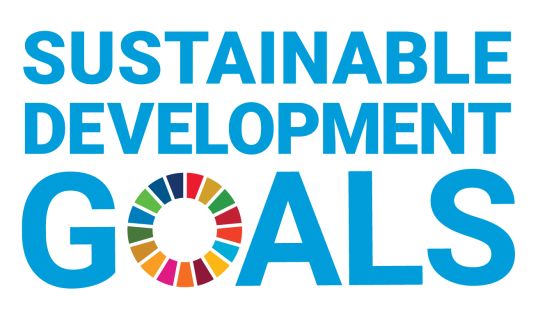Sustainability - social, ecological and economic
GLS has a holistic understanding of sustainability that encompasses environmental, social and economic aspects of its corporate responsibility. The aim is to offer customers the highest quality in terms of logistics whilst providing employees with a stable job at a strong company.
For GLS, these two factors go hand in hand. By achieving these goals, GLS also contributes to the mobility and reliable availability of goods, which, in turn, constitute the backbone of the economy. The aim is to attain sustainable commercial success whilst protecting the environment for future generations. GLS is also committed to the society in which it operates


